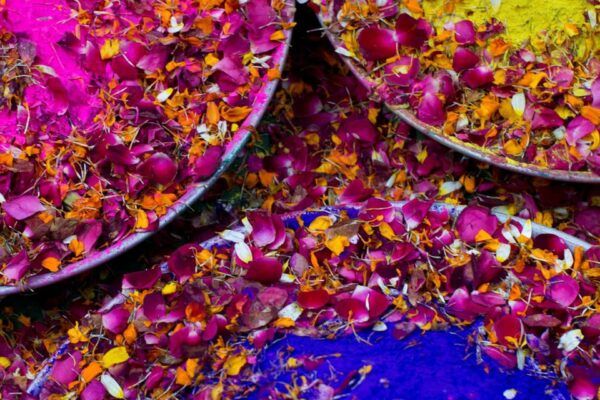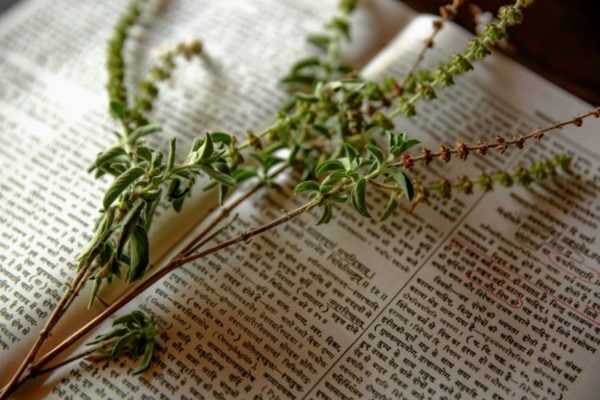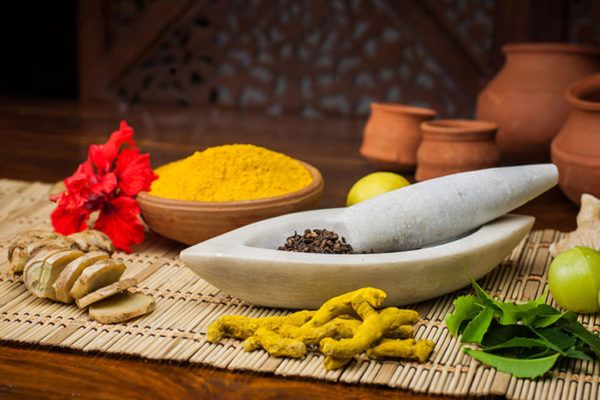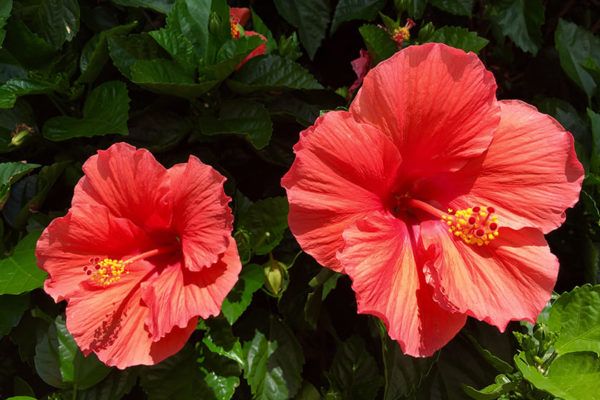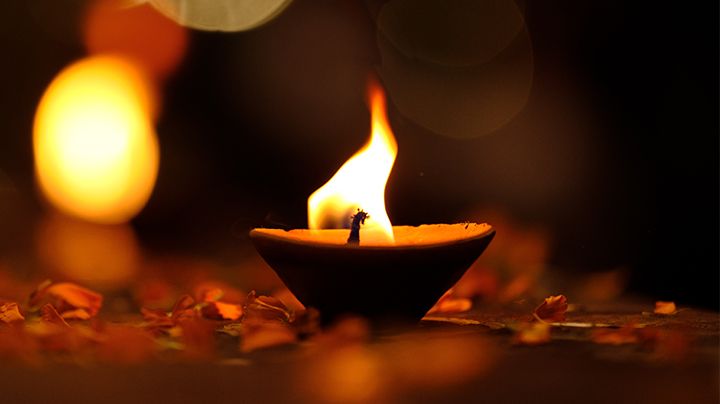
In Sanskrit, Ekadashi means ‘Eleven’, as in the eleventh day of two fortnights of the waxing and waning Moon, in the lunar month. The Bhagwat Geeta talks about Ekadashi as the day when Lord Krishna narrated to Arjuna, the importance of ekadashi and ways of fasting on this auspicious day. Read on to know more about the significance of this Hindu festival:
What is Dev Uthani Ekadashi?
“Dev Uthani Ekadashi” is a sacred Hindu festival celebrated with reverence to Lord Vishnu. This Indian festival is also called “Prabodhini Ekadashi” and “Devutthana Ekadashi”. It is celebrated in the Hindu calendar month of Kartika on the 11th lunar day (Ekadashi) in bright fortnight (Shukla Paksha). Shukla Paksha is the first fortnight between New Moon Day and Full Moon Day.
Why is Dev Uthani Ekadashi Celebrated?
Dev Uthani Ekadashi is a holy ritual to awaken Lord Vishnu, who is believed to be asleep since “Dev Shayani Ekadashi”, for four months. The name “Dev Uthani Ekadashi” itself specifies the purpose as well as the day for the rituals. “Dev Uthani” means to wake up Dev or God, and Ekadashi means the 11th. It is also called Prabodhini Ekadashi as Prabodhini in Sanskrit means “awakening”.
According to Hindu mythology, Lord Vishnu had spent years without sleeping because of his duty to destroy evil and bless his devotees. The schedule had an adverse effect on his sleeping cycle and resulted in his falling asleep almost suddenly, for many years.
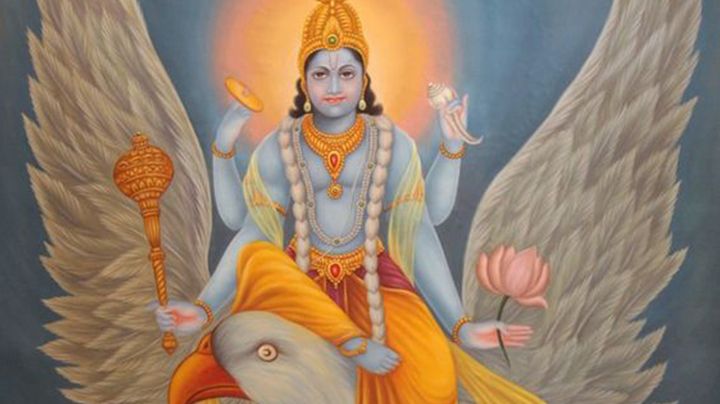
Vishnu’s irregular sleep patterns disturbed the repose time of Goddess Lakshmi, his consort. She requested Lord Vishnu to regularize his sleep so that she too gets the rest she requires. Subsequently,
Vishnu realized that his perpetual state of being awake for years, stresses not only his consort Lakshmi but other Gods too. Thus, he decided to sleep for four months, every year.
The day of Dev Uthani Ekadashi also holds great significance as it initiates the season of marriages, which is stalled during the four months of Lord Vishnu’s sleep. It is considered auspicious to celebrate any occasion, such as an engagement ceremony or wedding during this time period as Lord Vishnu himself showers his blessings to the newlywed couple. This day also marks the beginning of a period of joy and bliss in the lives of married couples.
Fasting During Ekadashi & Its Relevance

As per ancient scriptures, the Ekadashi fast spans over a period of three days. On the tenth day (Dashami), that is, a day prior to the fast, devotees cherish one meal in the afternoon hours to ensure that there is no residual food in the body, the next day. On Ekadashi, devotees observe a strict fast and break the same after sunrise.
Some devotees choose to observe a strict Ekadashi Vrat, without consuming any food or water and some observe this fast by consuming fruits or Phalhaar – juices, milk products, tea, etc., depending on their willpower and strength of their body. Eating grains and cereals of any kind is prohibited during Ekadashi Fasting, as per Vedic guidelines.
Our bodily functions are majorly influenced by the moon and its magnetic pull. Fasting on Ekadashi helps to maintain a natural flow of fluids in the body and helps to maintain good health and a peaceful mind.
Scientifically, fasting also helps to improve the functions of digestion, respiration, and circulation. It also detoxifies the body, cleanses the blood and improves the functioning of the kidneys and liver.



